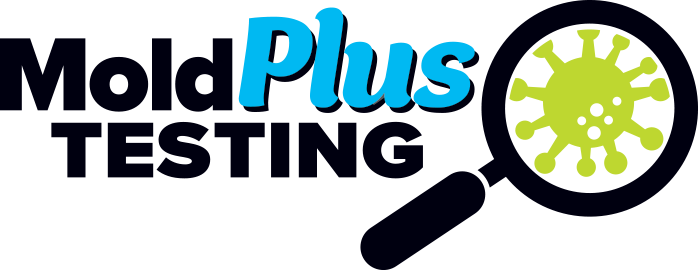Dust Analysis
When requested or necessary, MoldPlus Testing can perform an Environmental Relative Moldiness Index (ERMI) test. This test compares the amounts and types of mold found in a home/workplace to a thousand other homes found in a national database. The ERMI test involves analyzing a single sample of dust using a mold-specific quantitative polymerase chain reaction (MSQPCR). This is a highly specific DNA-based method for quantifying mold species. An algorithm is used to calculate the ratio of water damage related mold species to common indoor molds. The resulting score is called the Environmental Relative Moldiness Index, or ERMI.
The advantages of ERMI testing are: (1) it involves only one test and (2) the use of the MSQPCR for this test allows for increased precision, as it is based on biochemical assay using calibrated instrumentation. ERMI test samples are analyzed by a third-party laboratory according to American Industrial Hygiene Association (AIHA) standards. A few downsides of the ERMI test are: (1) it does not quantify mold and (2) it is still an evolving science and is only intended for research purposes.
Interpretation:
As of July 15th, 2018, there are no EPA standards or other standards regulating concentrations and exposure to airborne mold spores. However, it is accepted by the EPA and other agencies that molds have the potential to cause health problems, from allergies and asthma to much more long-term health problems that are not completely understood yet. MoldPlus Testing can help you to interpret the data that culminate from mold tests to help determine if there is a problem in your home/business or if mold levels are more of a representation of normal fungal ecology. Using information from the visual inspection, water and moisture readings, and the results from the laboratory, we can determine if there is a problem with indoor air quality.
